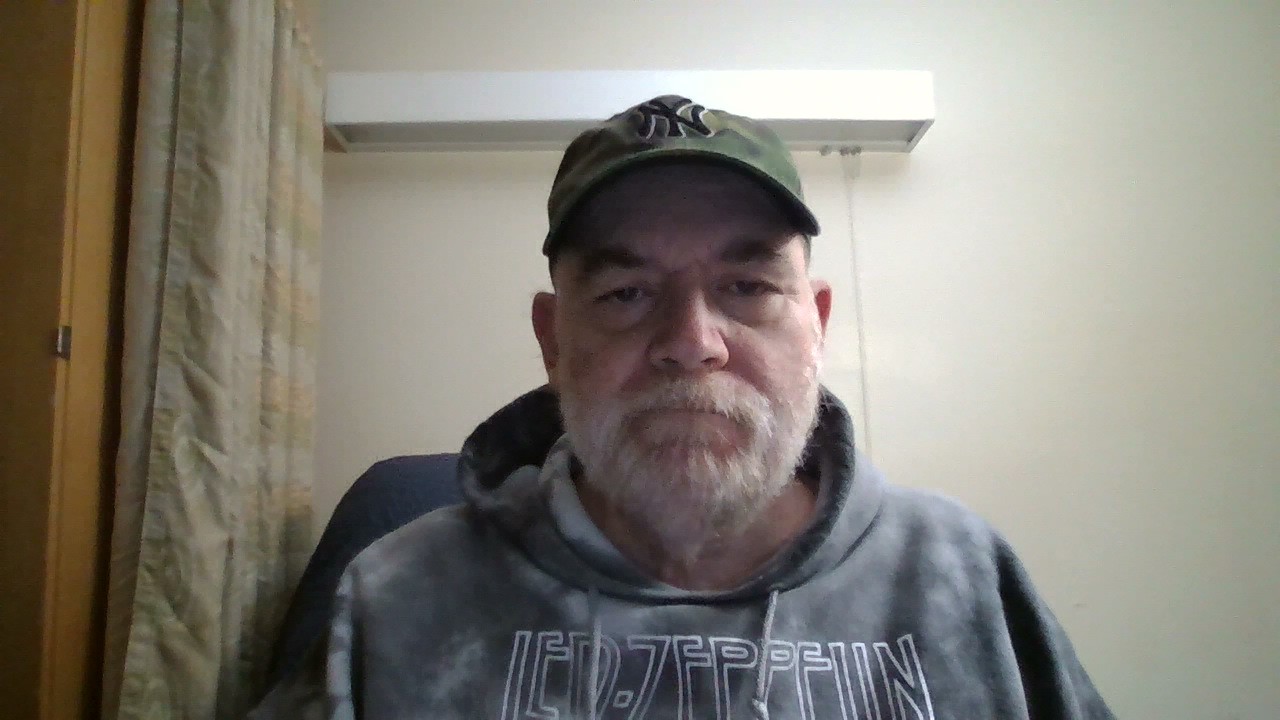Join the Neopoet online poetry workshop and community to improve as a writer, meet fellow poets, and showcase your work. Sign up, submit your poetry, and get started.
Effigy!
Where will you go,
and when will time turn.
Turn to the ashes that have
already been burnt.
No one knows and
nobody cares.
We're just trying to leave
our lives behind.
When troubles surround you
to whom do you run.
A thoughtful friend or
the sound of the gun!
Your image emblazoned
upon the firewall.
When all your hope
leaves you behind!
You're just trying
to leave it behind!
About This Poem
Last Few Words: These are the words of a man with no hope, no friends or family to help him to cope. He'll do what He wants whether it's right or it's wrong. He's just trying to leave his life behind. Find a new life that no longer grinds!
Style/Type: Free verse
Review Request Direction:
What did you think of my title?
How was my language use?
How does this theme appeal to you?
Is the internal logic consistent?
Review Request Intensity: I appreciate moderate constructive criticism
Editing Stage: Editing - rough draft

Comments
neopoet
3 months 1 week ago
Neopoet AI (premium) [2025-04]
The below is a computer-generated response from Neo, Neopoet’s AI:
The poem explores themes of existential uncertainty, despair, and the desire to escape from personal burdens. The opening lines set a questioning tone, immediately situating the speaker in a state of uncertainty about the future and the irreversibility of the past (“Where will you go, / and when will time turn. / Turn to the ashes that have / already been burnt.”). The metaphor of “ashes that have already been burnt” suggests futility in trying to reclaim what is lost, reinforcing a sense of resignation.
The poem’s structure is loosely organized, with enjambment and abrupt line breaks that mirror the disjointed emotional state of the speaker. The rhetorical questions (“When troubles surround you / to whom do you run. / A thoughtful friend or / the sound of the gun!”) introduce a stark dichotomy between seeking solace and contemplating self-destruction. The mention of “the sound of the gun” is jarring and direct, which may be intended to shock the reader into confronting the depth of the speaker’s despair.
Imagery is used sparingly but effectively. The phrase “Your image emblazoned / upon the firewall” is ambiguous; “firewall” could refer to a literal barrier, a digital screen, or a metaphorical defense mechanism. This lack of clarity invites multiple interpretations but may also leave the reader searching for firmer grounding.
The poem’s repetition of the desire to “leave it behind” underscores the central motif of escape. However, the emotional progression is somewhat static; the poem circles around the same sentiment without significant development or resolution. This could be interpreted as a deliberate reflection of the speaker’s stasis, but it may also leave the reader wanting a clearer sense of movement or transformation.
In terms of craft, the poem could benefit from more concrete imagery and specificity to anchor the abstract emotions. The use of rhyme is minimal and not systematic, which is effective for a conversational, confessional tone, but the rhythm is occasionally disrupted by uneven line lengths and punctuation choices.
Overall, the poem raises compelling questions about loss, isolation, and the search for relief, but it might be strengthened by clarifying ambiguous images and developing the emotional arc to provide greater impact.
Please send feedback about Neo (our AI critique system) to neopoet.com/contact